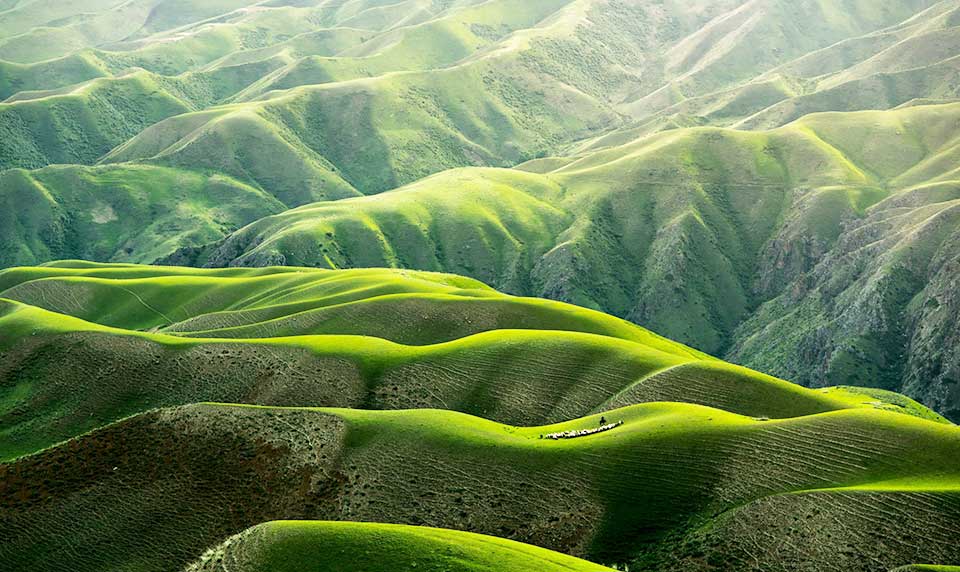

In his recent message for the World Day of Prayer for the Care of Creation, Pope Leo XIV issued a striking declaration: "God's creation is not a battleground for vital resources."
This is not mere spiritual rhetoric. It is a prophetic call to action. The Pope's words transcend environmental activism; they strike at the heart of Christian discipleship. His message is not reserved for policymakers or scientists alone. It is addressed to every believer, in a world where the cries of the earth and the poor grow louder by the day.
The Garden Is Still Ours to Tend
The biblical narrative of creation begins not with exploitation, but with stewardship. In Genesis 2:15, humanity is entrusted with the earth to "work it and keep it." Yet, sin distorts this mandate. The Fall introduces greed, domination, and rupture, patterns we see today in deforestation, pollution, and climate-driven displacement.
Pope Leo's message echoes Psalm 24:1: "The earth is the Lord's and the fullness thereof." If we profess this truth, then ecological destruction is sacrilege, a violation of the Creator's gift. The Pope does not reject progress, but challenges its disordered pursuit. What good is technological advancement if it leaves the earth barren and the vulnerable suffering?
This Is Not Just Environmentalism. It Is Discipleship.
Pope Leo's teaching builds on Pope Francis' Laudato si' (praise be to you), which framed ecology as a theological imperative, a call to heal our relationship with God, neighbor, and creation. For Christians, environmental neglect is not an ethical oversight; it is a failure of love.
Jesus' ministry was embodied, earthy, and engaged. He walked among fields and fishermen, multiplied loaves and fishes, and even slept through a storm before calming it. His resurrection was not an escape from matter but its redemption. If we follow Him, our faith cannot be disembodied spirituality. It must take root in how we eat, consume, and care for the world He made.
What It Means to Be Human in an Age of Crisis
The ecological crisis is, at its core, a crisis of identity. Are we masters or stewards? Consumers or caretakers? Pope Leo offers a radical alternative: We are custodians of a sacred trust.
Yet, modernity has twisted dominion (Gen 1:28) into domination. We have extracted instead of nurtured, hoarded instead of shared, ignored instead of listened, to both the earth's limits and the poor's pleas. But Christian hope refuses despair. Our God is a God of resurrection, and even scorched soil can bloom again.
How We Can Help: Seeds of Hope in Daily Soil
The scale of the crisis can paralyze, but the Christian response begins with faithful, daily acts of love:
- Pray for creation, not as an afterthought, but as integral to intercession.
- Educate ourselves and the next generation, because ignorance fuels exploitation.
- Advocate for just policies, locally and globally, that prioritize sustainability and equity.
- Live simply, not in guilt, but in joyful detachment, reducing waste and excess.
- Build communities of care, where churches, families, and neighbors integrate faith and ecology.
Above all, we must recover wonder. When we see creation as God's masterpiece, we treat it with reverence, and reverence is the soil where justice and joy take root.
A Final Word: From Eco-Anxiety to Eco-Conversion
Pope Leo XIV does not call for paralysis in the face of crisis, but for conversion. He reminds us that the earth matters because it belongs to God, the same Word who "became flesh and dwelt among us" (John 1:14).
Creation is not a battlefield. It is a sanctuary.
And if we are its guardians, let us be faithful ones.
